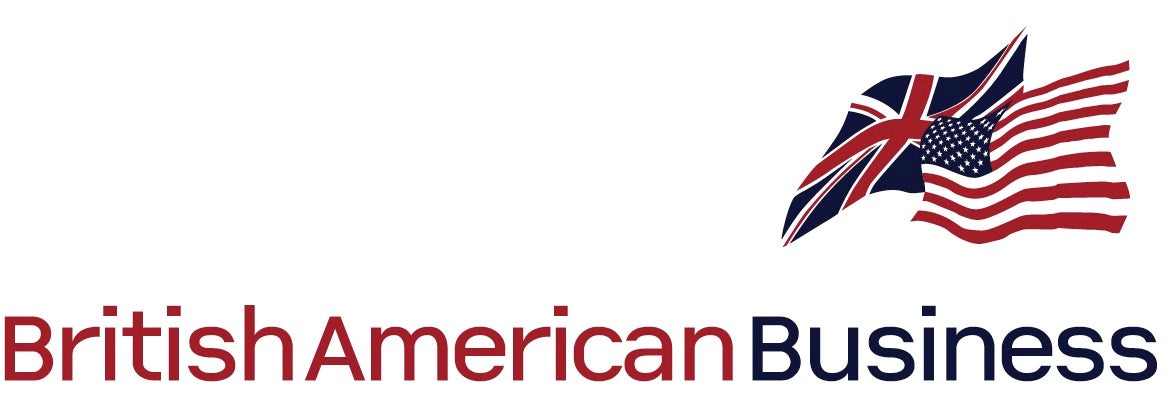
It is no revelation that British businesses are facing seismic change. The rules and regulations that govern their interactions, transactions, and determine their priority markets may alter as the terms of our new relationship with the EU unfold. Industries evolve; consumers become more sophisticated and demanding; and external factors such as political crises and extreme weather events have ramifications for every business, big or small.
Politicians and top-level executives will rightly “lead the charge” in planning for business change, but the decisions-makers on the ground – the managers – will be on the frontline, facing change head-on and having to adapt at pace. The UK Commission for Employment and Skills projects that the UK will need nearly 2 million new managers by 2024, and we at the Chartered Management Institute (CMI) estimate that we already have some 2.4m “accidental managers” in the country, who grapple with change on a daily basis without an assured management skill-set to help them make the best decisions.
But how do you prepare for a future that is still taking shape? At CMI we are currently exploring what the future of good leadership might look like through our Management 4.0 campaign – and assessing how we can best equip our membership community and the country at large for future challenges with the best resources and training. But while we can anticipate the changes to come no one can truly know what that future will bring.
But what we do know is that investing in strong, transferable skills now will equip people for success, whatever challenges the future throws our way. It is what a responsible, progressive, ambitious country like the UK should be doing. Enter degree apprenticeships. They strengthen our workforce by offering genuine professional development across a range of roles, levels, and industries.
They offer young people an alternative route into the workforce, acknowledging that traditional education is not the only path to success (a survey of parents commissioned by CMI shows that nearly three fifths of parents think an apprenticeship provides a better chance of getting a good job than going to university). And degree apprenticeships combine full-time employment with formal study and 83 per cent of managers agree that degree apprenticeships build the prestige of the apprenticeship brand. Our research also shows that apprentices completing a higher apprenticeship could earn £150,000 more during their career.
Upskilling the nation
This is why the CMI believes passionately in working with business and education providers around the world to deliver first class Management Degree Apprenticeship courses. We have over 500 UK education centres, 50 overseas, with more than 110 accredited qualifications. Many are apprenticeships because they give workers the skills they need to be work-ready and become leaders of the future.
But what about the leaders of the present? Well, degree apprenticeships allow them to improve by gaining a new qualification without taking time away from work. Nearly three quarters of management apprentices agree that they are gaining the skills they need to achieve promotion in their current role. And it is not just employees who see the benefits.
We know that employers want new recruits to be equipped with professional management skills and behaviours relevant to a changing world of work. Apprenticeships deliver this. But CMI research also finds that 83 per cent of managers feel apprenticeships are beneficial for developing employee’s existing skills, and 86 per cent feel they provide employees with additional skills.
Driving diversity
And business adaptability goes beyond increasing skills. It is also about casting a wider net during hiring and training processes. Apprenticeships are key to this, and since the introduction of standards, nearly half (46 per cent) of management apprentices have come from some of the country’s most deprived areas, while 49 per cent are women. Investing in apprenticeships helps businesses tackle imbalance all the way up to the boardroom. Why does this matter as much as skills? Because McKinsey estimates that a more diverse workforce could boost the economy by up to £150bn by 2025 – a “diversity dividend” we can not afford to miss.
Without a variety of people around the table, you get people who all look the same, with the same backgrounds, reinforcing each other’s decision. Diverse workforces bring new perspectives that help businesses adapt to new and future challenges.
Tackling the productivity crisis
We also need to turbo-charge the British economy into a healthier, more stable state by investing in the right tools and education – this will, in turn, turbo-charge our productivity levels. The Office for National Statistics found that improving managerial effectiveness scoring by merely 0.1 per cent was linked to a near 10 per cent increase in productivity – 92 per cent of CMI management apprentices agree that they are acquiring the skills needed to be more productive at work. The data is clear: improving leadership quality in business achieves significant increases in productivity and economic growth.
Despite some criticism of its implementation, the apprenticeship levy has been an important innovation in skills funding. Through joint government and employer investment it has created high quality entry-level opportunities beyond traditional education; allowed established workers to become better leaders in their fields; and provided progression opportunities to those who might not have previously had them.
At the CMI we welcome flexibility to reduce bureaucracy and support employer choice, as argued for in our 10-point plan with the British Chamber of Commerce. We also support calls to introduce lifetime learning allowances for individuals to support upskilling with approved education and training providers.
In short, management apprenticeships are essential for developing the highly skilled, highly waged economy that the UK needs to remain internationally competitive in a world transformed. Investing in qualifications such as Chartered Manager Degree Apprenticeships creates conscious leaders that will steer British industry to a brighter future.
Niamh Mulholland is director of communications and external affairs at the Chartered Management Institute.



